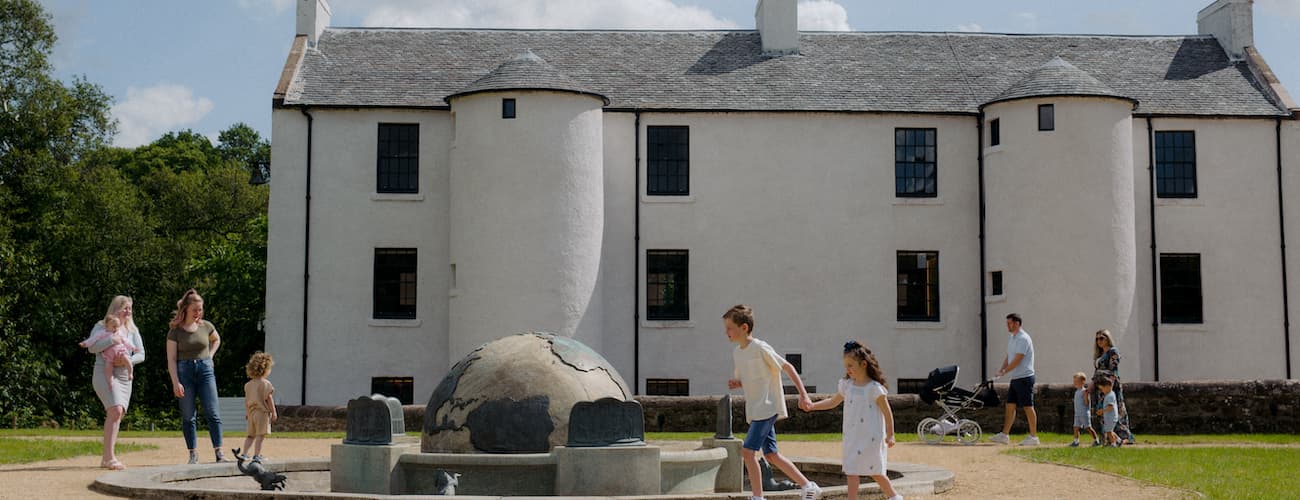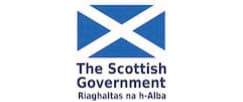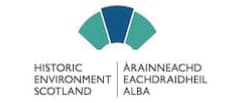Our Stories. Episode 4 - Collectively Imagining Our Futures
In this, our final episode of this series, I am going to look at how things will play out in the future. How we collectively imagine our futures was a big theme that rose to the surface during the weekend. Throughout, we looked at imagining otherwise through care and healing.
Details





